We may earn money or products from the companies mentioned in this post. This means if you click on the link and purchase the item, I will receive a small commission at no extra cost to you … you’re just helping re-supply our family’s travel fund.

Travel runs on quick decisions, which is why scammers target busy days and jet lagged minds. In 2025, cons lean on phone spoofing, persuasive texts, and booking sites that look almost right. The tricks are not new, but the polish is sharper and the tech is cheaper. What helps is calm routine. Independent verification, secure payment paths, and slow reading beat urgency every time. Trips stay steady when money moves only through trusted channels and identities are checked twice.
Hotel Switchboard Spoof Calls After Check In

Fraudsters spoof the hotel switchboard and call rooms after check in, claiming a failed card or a security review. The goal is to push guests to read digits aloud or type numbers into an on screen prompt that captures card data and PINs. A safer path is simple. Hang up, dial the front desk using the number on the key folder, and resolve charges in person. If there is a real issue, staff can verify identity and print a masked receipt.
Fake Airline Rebooking SMS With Payment Link

During delays or cancellations, a text arrives that looks official and offers instant rebooking for a small fee. The link opens a site that copies airline branding, then harvests card details and passport data. Real changes route through the airline app, the website typed by hand, or the counter near the gate. Stepping away from links and using known numbers cuts the scheme off before any charge appears, and it keeps personal data from drifting.
Lookalike Booking Sites With Stolen Logos

Search ads and typo domains funnel travelers onto sites that lift photos, policies, and logos from real agencies. Prices sit a little lower to nudge quick checkout. The operator cancels quietly and resells the card, or forwards a nonrefundable booking that ignores promised terms. Safer habits include typing trusted domains, checking the address bar for small changes, and confirming reservations inside the hotel or airline account. Real agents list support details that actually answer.
Vacation Rental Off Platform Payment Bait

A listing appears on a major platform, then a friendly message invites a discount if payment moves to wire or a wallet. The calendar blocks to fake scarcity, and a polished invoice confirms nothing. The property may not exist, or it is sold twice. Platforms protect bookings only when money stays inside their system. Hosts who push external payments are choosing less oversight. That choice serves the host, not the guest, and it erases buyer protections.
Dynamic QR Code Swap At Menus And Kiosks

Printed QR stickers at cafes, taxi stands, or museum kiosks get covered with a near perfect clone that redirects to a fake pay page. A small test charge passes, then a larger debit follows later. Better patterns include using the venue app, asking staff to show the terminal screen, and reading the URL that loads after the scan. If a QR purchase is required, a credit card with alerts offers stronger dispute power than a debit pull.
WhatsApp Concierge Impersonators For Upsells
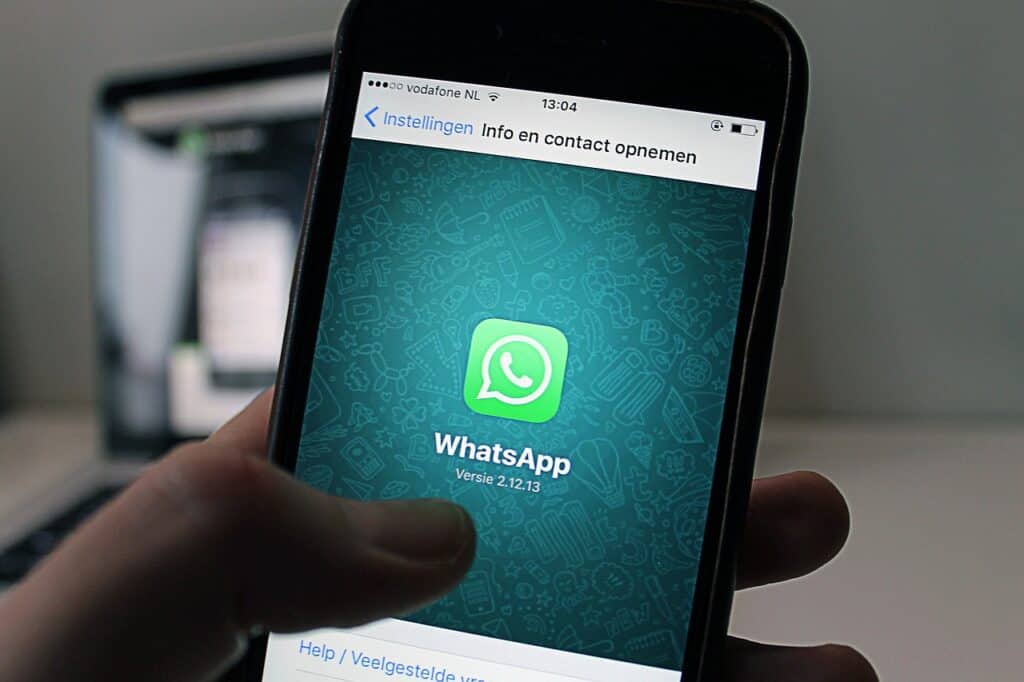
An unknown number greets by name and claims to be the hotel concierge or tour operator. The chat offers upgrades, transfers, or event passes if payment is sent quickly to hold space. Details feel accurate because public posts and profiles were scraped. Real concierges confirm requests on property channels and post charges to the room. A quick check with the front desk or the operator’s published number turns a convincing thread into a quiet delete.
Public WiFi Captive Portals That Steal Logins

An open network near a station or cafe shows a familiar name and a portal that requests email and a password. The page harvests credentials, then tries the same pair on travel accounts and webmail. Safer practice is to use a mobile hotspot or networks that issue printed vouchers. If shared WiFi is the only option, a unique throwaway login limits damage, and a quick password change later closes the window the fake portal tried to open.
eSIM Activation Phishing And SIM Swap
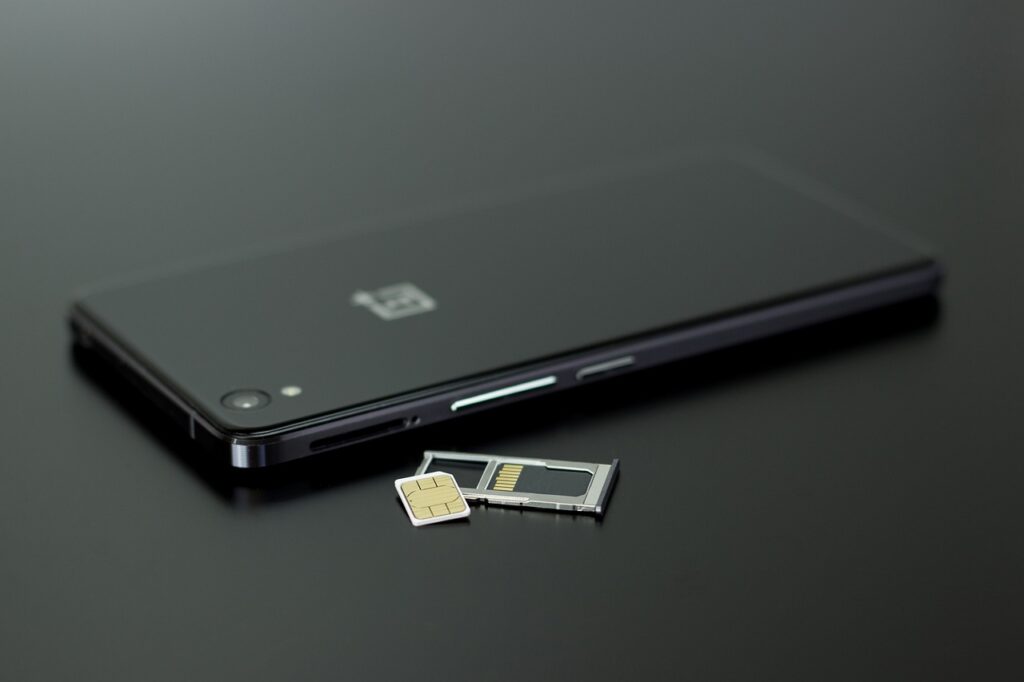
Texts or emails warn of service interruption and prompt a fast eSIM refresh. The link opens a real looking carrier page that collects logins and recovery codes. Attackers then port the line, intercept one time passwords, and reach banks or booking sites. Protection starts with carrier account pins and recovery methods that do not depend on SMS. Any activation or swap should begin inside the carrier app, not from a message link that arrived uninvited.
Event And Museum Ticket PDFs Reused Or Faked
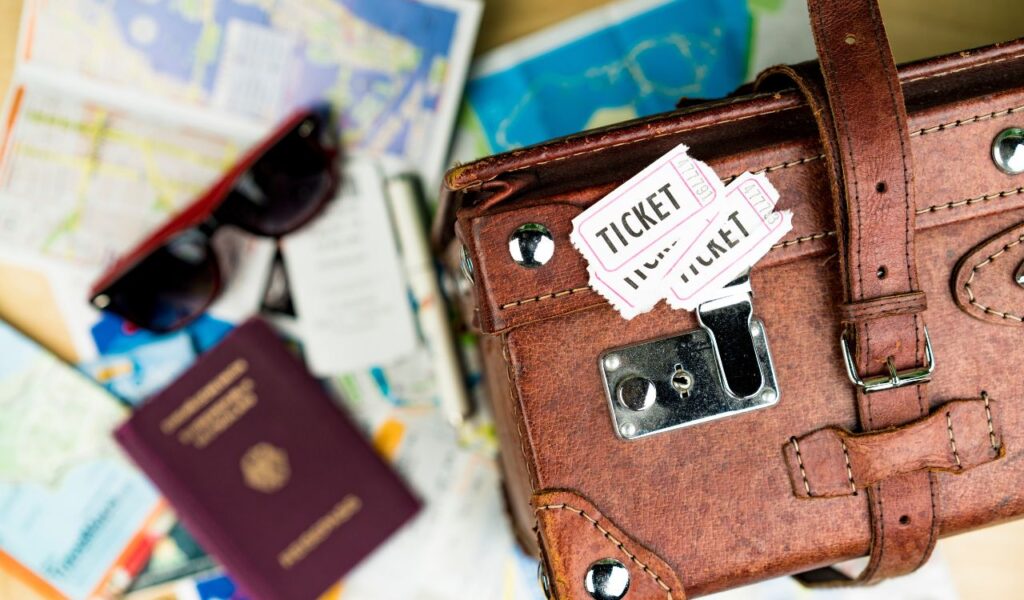
Resale posts advertise good seats and timed entries with PDFs that scan once, then lock out the real buyer later. Screenshots circulate with edited names, but the barcode repeats. Verification is simple in theory and hard on a sidewalk. Better sources include official resale partners tied to the venue account. If a secondary buy is unavoidable, a transfer inside the venue app replaces fragile PDFs and removes the incentive to recycle a code for one more payout.
Loyalty Account Takeover Through Phishing
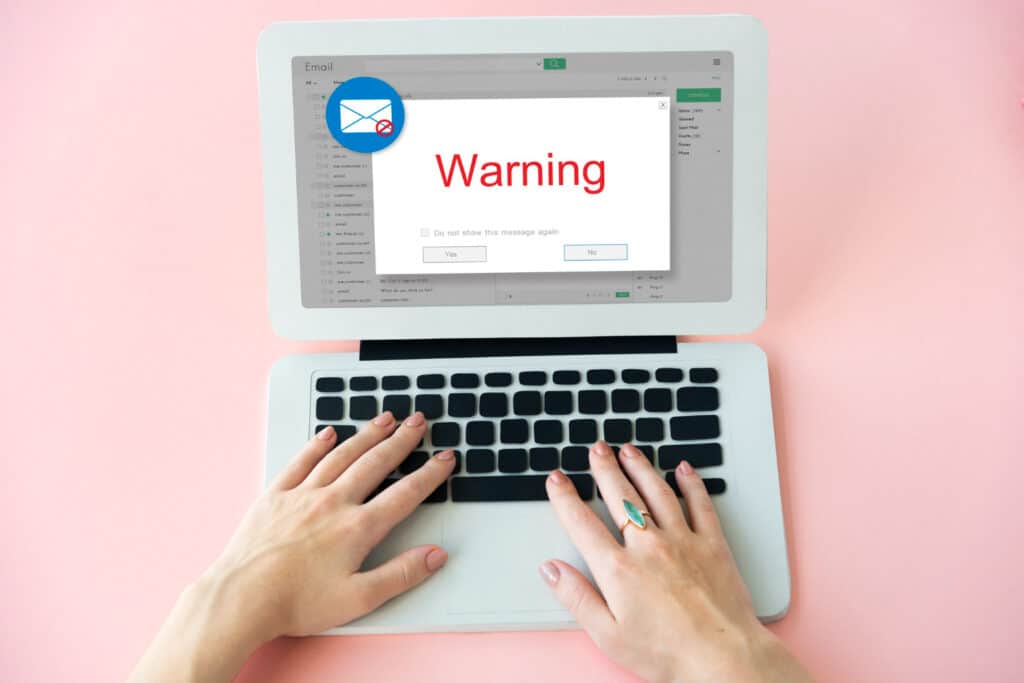
An email claims unusual redemption and invites a quick password reset. The link leads to a perfect copy of a hotel or airline login. Once inside, attackers drain points into gift cards or short dated stays. Many programs treat points like cash only after theft. Stronger defenses include passkeys or an authenticator app, plus alerts on redemptions and profile changes. A direct sign in from the official site lets support restore value before it disappears.
Ghost Taxi Dispatchers With QR Prepay
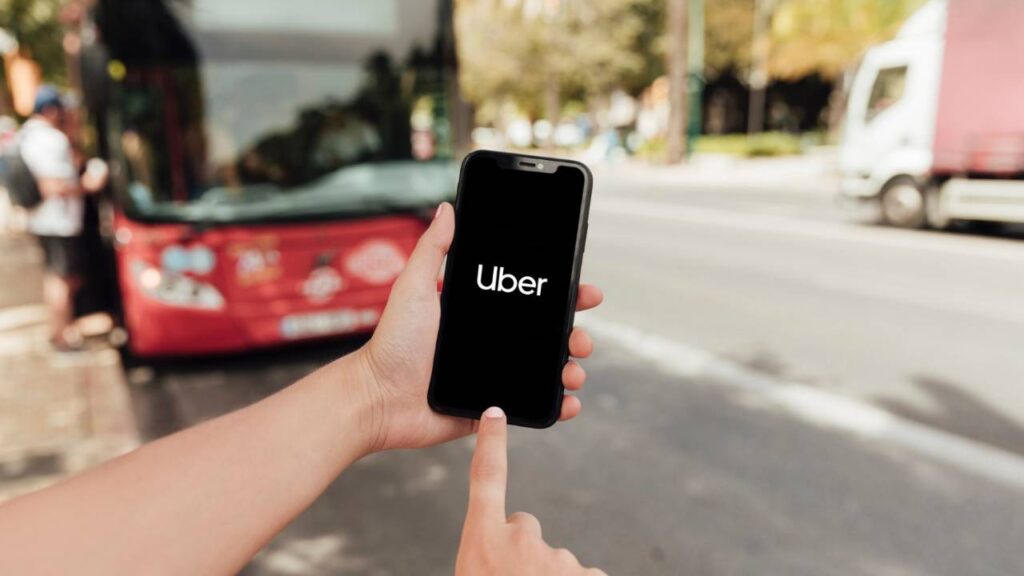
At crowded arrivals, a person with a clipboard and badge directs travelers to a QR code for prepayment that uses a known company name. The code links to a wallet address or a fake site that collects card details and a generous tip. The ride never appears. Airports license stands and publish fares on boards. A real dispatcher accepts payment in the cab or at a counter in view of staff, not through a floating code on a random phone.
AI Voice Clone Family Emergency Calls Abroad
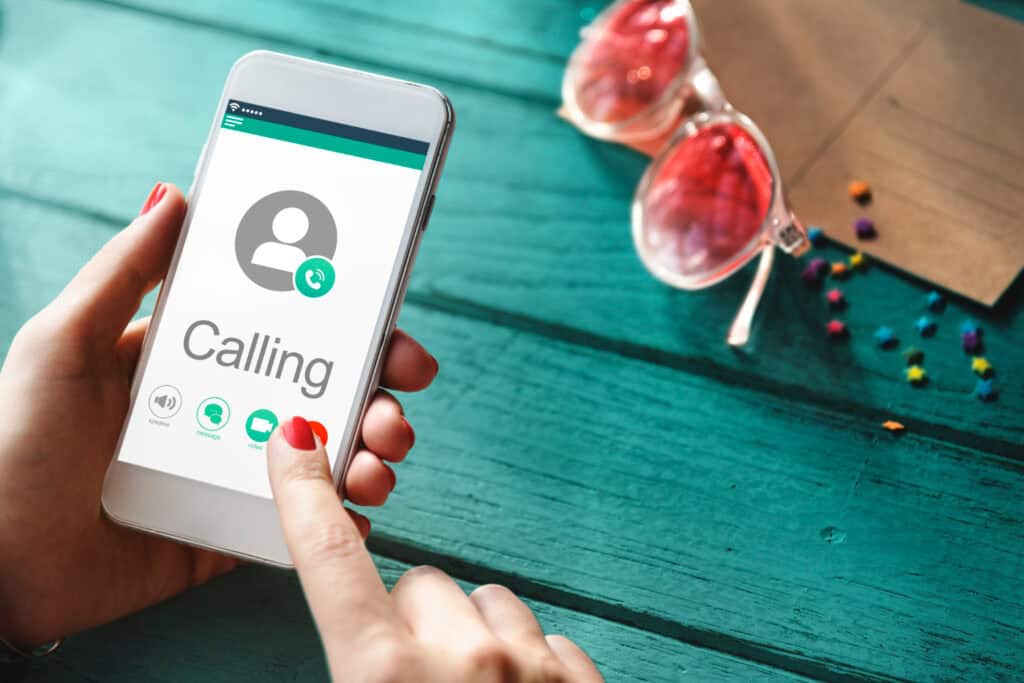
A late call arrives from a voice that sounds like a relative or a trip companion. The story is urgent and plausible, then steers to a gift card or crypto transfer. Samples pulled from public video or voicemail provide enough tone to mislead for a minute. The antidote is a shared check phrase and a hard rule to call back on a saved number. Police, consulates, and real hospitals do not demand instant payment on an anonymous line.
Other Blog Posts You Might Enjoy
www.idyllicpursuit.com (Article Sourced Website)
#Travel #Scams #Avoid #Phone #Booking #Cons #Targeting #Tourists #Author #Kathy #Haan
